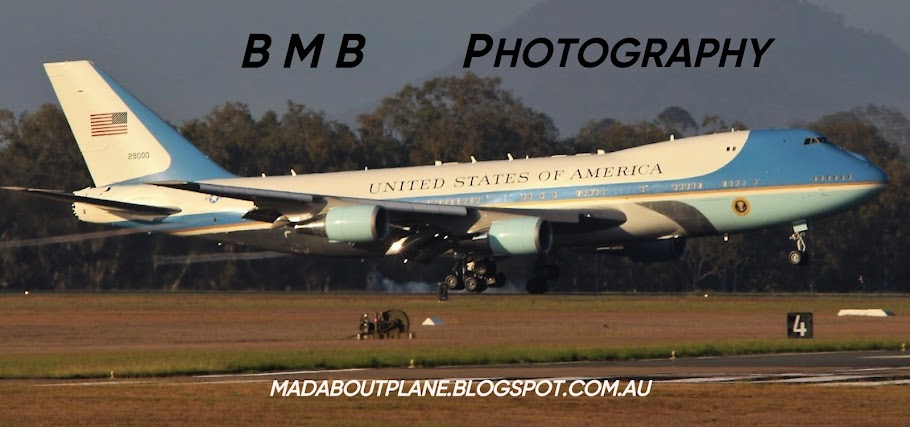.JPG) |
| ALLIANCE FOKKER 100 VH-UQC (MSN 11468) |
A Fokker 100’s descent below minimum safe altitude during an approach into Adelaide (ADL/YPAD) late last year highlights the importance of flight crew continuously monitoring auto-flight systems, an ATSB investigation report details.
On the morning of the 30th of August 2023, the flight crew of an Alliance Airlines-operated Fokker 100 was conducting a BLACK 3A standard instrument arrival into Adelaide’s runway 23, at the conclusion of a passenger service from Brisbane.
“The FMS failed to capture the 3,800 ft minimum safe altitude between the waypoints KERRS and GULLY and the aircraft descended through this altitude,” ATSB Director Transport Safety Stuart Macleod explained. The flight crew were monitoring the altitude and observed the breach.
“In response, the captain pressed the altitude control knob to command the aircraft to hold the current altitude, but this did not arrest the descent,” Mr Macleod said. “The first officer then increased the selected altitude to 4,700 ft, but the aircraft continued to descend.
“During this time, the aircraft was in and out of cloud, but the flight crew reported they had sufficient visibility with the ground and terrain to assess that adequate separation existed.”
Assessing the aircraft was continuing to descend in auto-flight mode, the first officer disconnected the autopilot and initiated a climb, with the aircraft at about 3,487 ft – approximately 480 ft below the minimum safe altitude for the segment.
The aircraft then entered a gradual climb but, at about the same time, it passed through waypoint GULLY, entering a new segment with minimum safe altitude 3,200 ft, so no further climb was necessary. The flight crew then proceeded with the instrument approach and conducted an uneventful landing.
“Fortunately, the flight crew were monitoring the instruments and disconnected the automatic flight system when they detected the descent below the selected altitude, and initiated a climb,” Mr Macleod said. “This incident reinforces to pilots the importance of continuously monitoring auto-flight systems, and reacting quickly when the aircraft is not on the expected flight path, to ensure that limits are not exceeded.”
Despite the ATSB consulting with the aircraft manufacturer, Fokker, and the flight management computer manufacturer, Honeywell, the reason the aircraft did not level at the selected altitude could not be determined.

No comments:
Post a Comment